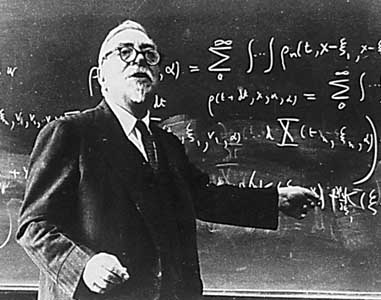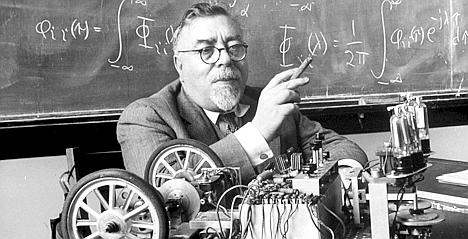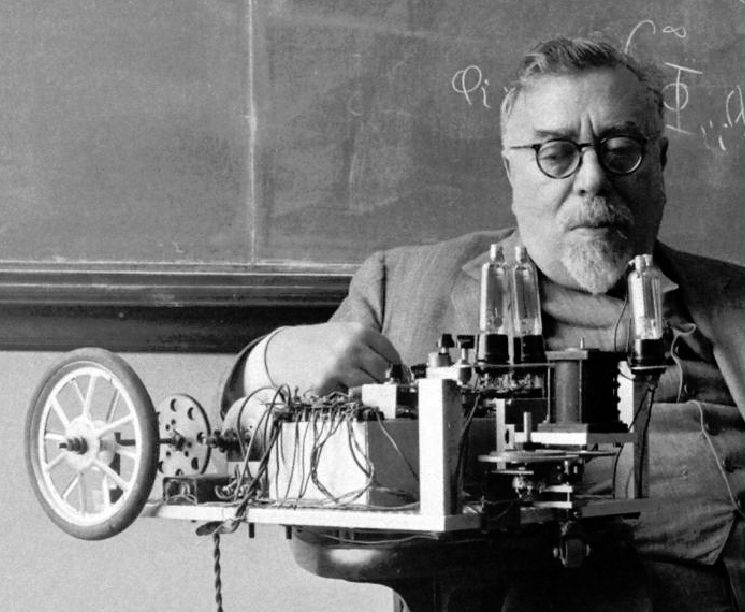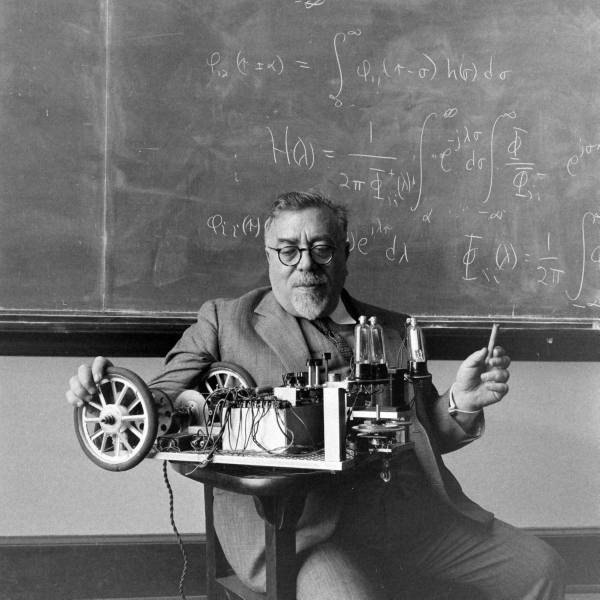Last year, I posted a 1950 Brooklyn Daily Eagle article in which Norbert Wiener, father of cybernetics, predicted society being crushed by the metal grip of robots, with automation upending our accepted order. The year prior he was assigned to write “what the ultimate machine age is likely to be” by the New York Times. The piece was never published. That article is referenced in Martin Ford’s provocative new book, The Rise of the Robots, so I thought I would present an excerpt (which eventually made it into the NYT two years ago). From the “Mass-Produced Laborers” section:
We have so far spoken of the computing machine as an analogue to the human nervous system rather than to the whole of the human organism. Machines much more closely analogous to the human organism are well understood, and are now on the verge of being built. They will control entire industrial processes and will even make possible the factory substantially without employees.
In these the ultra-rapid digital computing machines will be supplemented by pieces of apparatus which take the readings of gauges, of thermometers, or photo-electric cells, and translate them into the digital input of computing machines. The new assemblages will also contain effectors, by which the numerical output of the central machine will be converted into the rotation of shafts, or the admission of chemicals into a tank, or the heating of a boiler, or some other process of the kind.
Furthermore, the actual performance of these effector organs as well as their desired performance will be read by suitable gauges and taken back into the machine as part of the information on which it works.
The general outline of the processes to be carried out will be determined by what computation engineers call taping, which will state and determine the sequence of the processes to be performed. The possibility of learning may be built in by allowing the taping to be re-established in a new way by the performance of the machine and the external impulses coming into it, rather than having it determined by a closed and rigid setup, to be imposed on the apparatus from the beginning.
The limitations of such a machine are simply those of an understanding of the objects to be attained, and of the potentialities of each stage of the processes by which they are to be attained, and of our power to make logically determinate combinations of those processes to achieve our ends. Roughly speaking, if we can do anything in a clear and intelligible way, we can do it by machine.•




